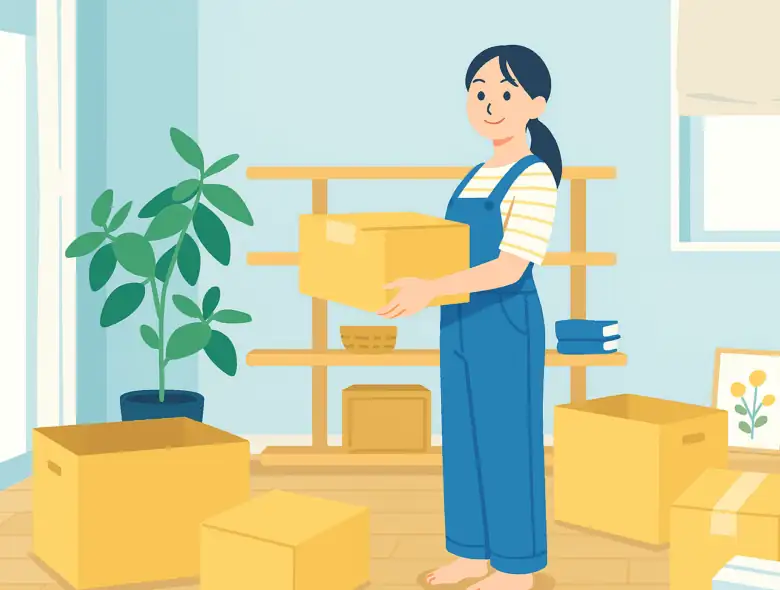For those renting an apartment for the first time or those moving to Japan from overseas, procedures for renting an apartment …
Type and hit ENTER

Village Blog - Living in Japan & Japanese Apartment Tips

For those renting an apartment for the first time or those moving to Japan from overseas, procedures for renting an apartment …

Moving in Japan is not simply about packing up your belongings and transporting them. There are several tasks to handle, including …

Living alone in Japan can be exciting, but it also comes with a variety of challenges. There are many things you’ll …
Are you thinking about adopting a pet but not sure if it’s o…
No matter if you just moved to Japan and need to furnish a w…
Have you ever heard of the term danchi? If so, then you may …
Introduction The recent Covid-19 pandemic has seen people…
©VILLAGE HOUSE. All rights reserved